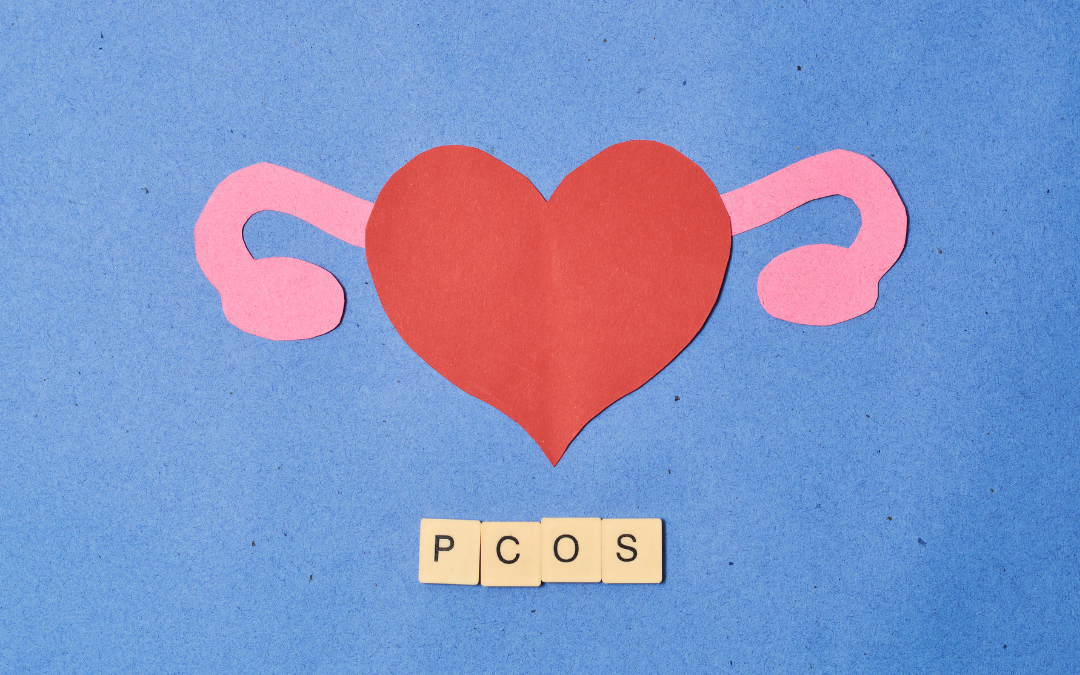Your lack of energy throughout the day, your trouble with falling asleep and staying asleep, those afternoon slumps can be either sleep issues or blood sugar imbalances. Let’s dive in to see which they are!
First, can you relate?
Your alarm goes off in the morning. You groan, hit snooze, and roll back over. This continues until the very last minute before you have to decide between another snooze and showering before work.
You drag yourself out of bed, into the shower. You grab your coffee – everyone knows not to talk to you until you’ve had a cup (… or two) of coffee in the morning. And you begrudgingly start your day.
You make it past lunchtime before you start to fade. If you weren’t at work, you’d consider a nap, but because you’re at work, you wander into the office kitchen to see if there’s any coffee left from the morning. You see stale pastries from someone’s morning meeting, you grab one. Though it’s not fulfilling, it’ll hold you over until after work.
The rest of the day passes and you head home to cook dinner and start your evening routine. As you drag yourself through dinner and the evening, you promise yourself that you’ll go to bed early tonight. But once your bedtime hits, you’re suddenly wide awake and can’t fall asleep.
You ask yourself, where was this energy all day?
Eventually you fall asleep, but you find yourself waking up every couple hours, tossing and turning through the entire night. Until your alarm goes off and you repeat this cycle.
If this is you, you’re not alone.
Many of my clients experienced the same thing.
And just like you, most of them believed this was a sleep issue. They told themselves, if I could just sleep better, I’d have the energy to get through the day, I wouldn’t have to hit snooze, or I’d have enough energy to actually start a workout routine or be more present for my kids.
And if you believe this is a sleep issue…
I’m guessing you’ve also tried everything. The no phone an hour before bedtime trick. Taking melatonin or drinking a sleepy girl magnesium cocktail. Trying out parts of your favorite influencer’s wind down routine. The cool, dark room.
And because none of these are working, among other clues, this isn’t a sleep issue, it’s a blood sugar imbalance issue.
Now this doesn’t mean that you need to go to the doctor because you’re diabetic, though it’s good to have your blood sugar tested annually. However, you can do a lot naturally to improve your blood sugar, sleep through the night, and ultimately have more energy than you could ever imagine.
Before we dive into how, let’s talk about a few clues that I see that it’s a blood sugar imbalance, not a sleep issue.
Having a tough time getting out of bed and getting going in the morning.
Yes, this can be linked to a poor night of sleep, but if you’re depending on caffeine, it’s a blood sugar issue. I know it might sound like a fairy tale now, but you should be able to get out of bed without snoozing and start your day without depending on coffee.
Crashing in the afternoon.
Most people blame this on their lunch being heavy, but then need more caffeine or something sugary to keep them going in the afternoon. That caffeine or sugar is the boost your body is looking for to help balance your blood sugar, give you energy, and help you through the day. But, you should have consistent energy throughout the entire day – yes, even after lunch.
Waking in the middle of the night.
Again, a lot of people think this is normal, everyone wakes up throughout the night. But what really is happening here is, your blood sugar is taking a dip, so your body is waking you up to let you know. You may not feel hungry, but your blood sugar is lower.
But wait, I’m just stressed, that’s why I have sleep and energy issues!
And that may be too! But stress increases cortisol and adrenaline in your body. When both of those are increased, it suppresses your body’s ability to use glucose (sugar) – which is our body’s main source of energy – while also increasing glucose in our body. Plus, it reduces our body’s ability to respond to insulin, whose job it is to regulate our blood sugar and glucose.
So, if you’re stressed, it will impact your blood sugar. And in turn, impact your sleep.
How do we manage our blood sugar naturally, so we can get better sleep ultimately?
Eat every 3 to 4 hours.
Eating frequently prevents hangry outbursts, but also keeps blood sugar stable. This doesn’t need to be huge meals, but combining at least two of the three macros.
Have balanced meals.
For larger meals, make sure to have protein, fiber, healthy fat, and a starchy carb. When you have snacks, combine at least two of the following: protein, carb, fat – to keep your blood sugar and macros balanced.
Start your morning with protein before coffee.
When you start our day with caffeine before food, you are instantly spiking your cortisol and causing an imbalance to your blood sugar first thing in the morning. I’m not taking your coffee away, don’t worry! Just asking for you to have protein first.
Fiber!
Fiber slows the absorption of sugar, which will prevent the rapid sugar spikes and crashes after. You can get fiber in your fruits and veggies, but also whole grains, beans, and nuts and seeds.
Movement
Exercising regularly helps improve your insulin sensitivity and uses your body’s glucose for energy, ultimately keeping your blood sugar in check. Finding movement that you love and can keep consistent with is key.
Stress management
As you’ve read, stress can impact your blood sugar levels. Finding ways to manage your stress will keep your blood sugar in check. This could be stretching, meditation or breathing exercises, getting outside, listening to your favorite music. Find what works best for you!
Prioritize your sleep
Though your sleep may not improve overnight, working on a consistent routine and prioritizing 7 to 9 hours of sleep per night will help your body get used to a sleep schedule. Even one night of poor sleep can impact your blood sugar, which is why it’s easier to grab the sugary pastries when you have a bad night of sleep.
Hydration
If you’re dehydrated, it could impact your blood sugar and cravings. Making sure to stay hydrated throughout the entire day can prevent cravings, over eating, and imbalanced blood sugar.
Your sleep quality is heavily connected to your blood sugar imbalances
You can manage your blood sugar naturally – especially if you start implementing these habits before your blood sugar imbalances get too bad.
And in time, you’ll sleep better, stop reaching for the stale pastries, and have energy to focus on the things that truly matter to you.
If you’re curious if your blood sugar is out of wack, take the Hormone Symptom Analyzer quiz and schedule your free Hormone Analysis Call to go over the results!





